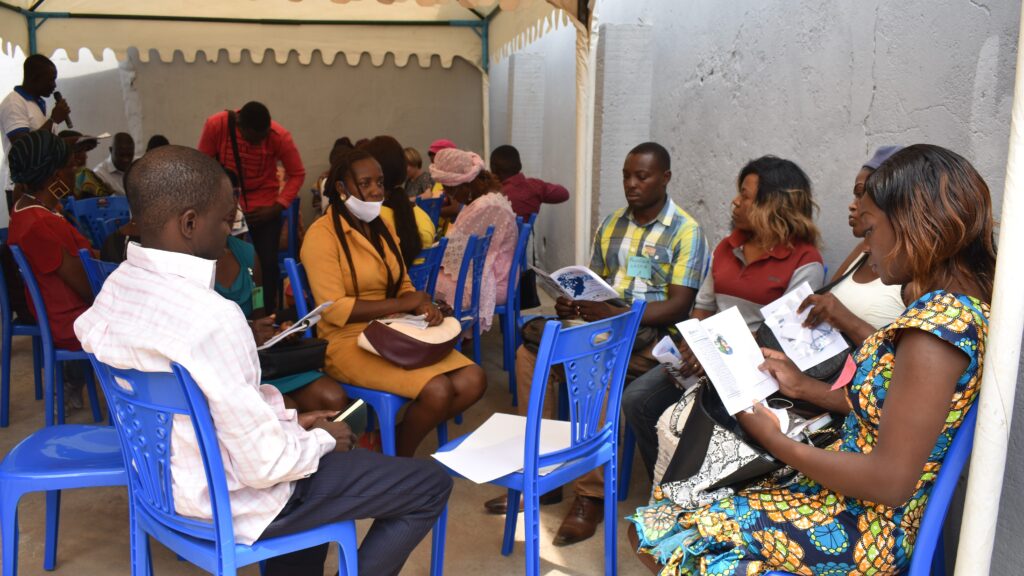
LCE-Cameroon promotes teacher and student competencies through interdisciplinarity workshops: this is a proposed solution to the challenges of implementing the competency-based approach of teachers. Quality education is the fundamental basis for improving people's lives and sustainable development.
Project Context
The use of the competency-based approach in the Cameroonian education system seven years ago has innovated pedagogical and didactic practices. This approach is considered one of the best approaches to meet the demands and challenges of today’s society, both economically and socially (Tayim, 2017). Although the education system has placed it at the center of its agenda, it must be acknowledged that there has not been much progress in practice in terms of tools and mechanisms to implement the competency-based approach (ibid.). A first deficit is the lack of effective integration of this pedagogical approach in the current teacher training for both German and other subjects in Cameroon.
In order to address the challenges of applying the competency-based approach in the context of teaching German, the German Teachers Association of the Central Region of Cameroon and the LiSy Creative Education Cameroon (LCE) Association have jointly developed a project to promote the practical competencies of teachers and learners of German through their participation in interdisciplinary practical workshops.
Objectives
In order to improve the quality of teaching and learning, as well as the efficiency of the competency-based approach in Cameroon, this project has the following goals:
- develop teacher and learner competencies, which is the best way to more efficiently use the competency-based approach,
- stimulate the creativity of the teachers and the learners,
- present the lessons in a more interesting way, so that the students have fun while learning,
- illustrate the interdisciplinary nature of teaching German,
- increase the motivation of teachers and learners.
